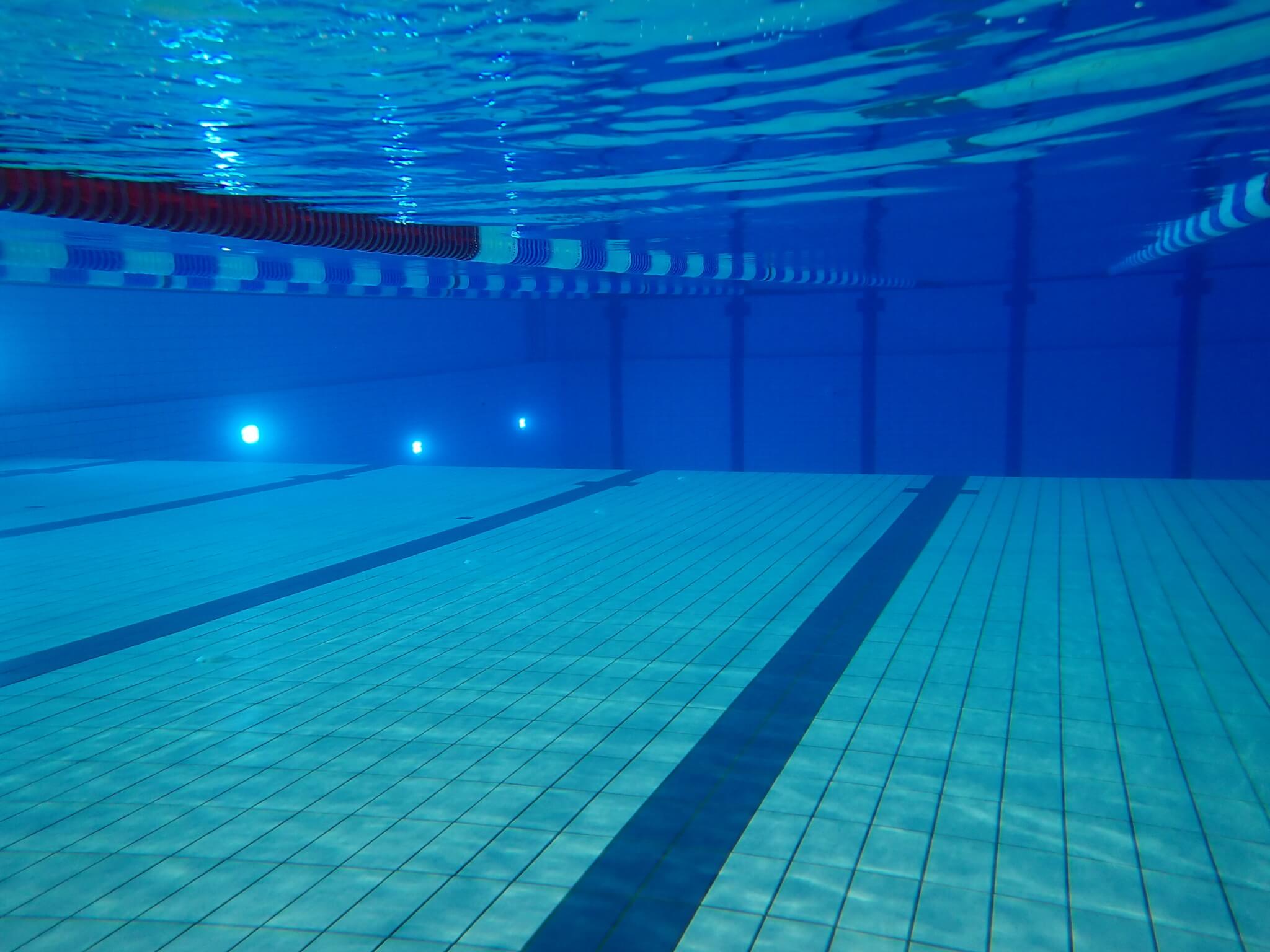
Currently reading: “Sustainable assessment revisited” (Boud & Soler, 2016)
“Sustainable assessment” is about making assessment useful to learning beyond the frame of the course it is related to, not just in terms of retaining the learnt information and skills for longer, but to support future learning. Resource-intensive courses or practices might become more sustainable if they have far-reaching consequences beyond just the course, and really sustainable if they educate self-managing, learning stake-holders who will act responsibly and competently in society in a challenging future. Teachers are likely intending that long-term impact with their teaching already, but how can it also be supported through assessment design? My summary of Boud & Soler (2016) below.
It’s not new that we should strive for formative assessment FOR learning over purely summative grading stuff (as the authors say: “Assessment generates large amounts of information, but this is little rarely used for pedagogical purposes.”). But even when working with formative assessment, in most cases, students still have to respond to prompts or feedback from others, be it their teachers, assessors, peers, or others. Very rarely do students learn how to self-assess their learning, both in a specific course and then also in a way that they can self-assess and self-direct future learning.
Boud & Soler (2016) therefore call for teaching of an “informed judgement”, which contains 5 elements:
- identifying oneself as an active learner (which we can support by active learning approaches in class, but maybe also by supporting reflexion about how continuous learning will be required in a future workplace and how for many students it is also enjoyable in itself, independent from external demands);
- identifying one’s own level of knowledge and the gaps in this (Students need to shift from, and consciously compare, assessment by teachers and self-assessment, and take on responsibility for the assessment process so they’ll be able to drive their own learning after graduation. That includes critically reviewing criteria (and more generally, thinking about how they would like to be judged: Criteria, holistic? Co-created or self-designed criteria? Involving others like peers?) and developing additional ones that capture their own learning goals better);
- practising testing and judging (so more of 2., plus peer-assessment with dialogue and feedback can be helpful);
- developing these skills over time (so even more of the above, and portfolios for self-assessment, e.g. students select and annotate evidence from practice and reflect on it. But it is only sustainable assessment if students continue the practice! So leading into the next point here…); and
- embodying reflexivity and commitment (I guess this comes from realising the benefits of reflexivity, like positive emotions or improved performance, and committing to do the work. I think this is something that we can mostly support through more reflexion?).
The authors then point to the website www.assessmentfutures.com, which I wasn’t aware of but find super helpful and inspiring! It is explicitly aimed at experienced teachers (so no introduction to teaching and learning), but provides a lot of interesting ideas and checklists!
Lastly, “the design of assessment tasks is not a substitute for good course design to foster engagement” (of course!)
In order to design good sustainable assessment tasks, however, the authors suggest these design features:
- “What particular features of the assignment and accompanying activity prompt consideration beyond the immediate task?
- In what ways does engagement in the activity foster self-regulation?
- How does the activity help learners meet challenges they will find in practice settings?
- How is engagement in the current activity likely to improve the capacity of students to make effective judgements about their work in subsequent ones?
- Are the educational benefits of the task likely to persist once the particular knowledge deployed in it can no longer be recalled?
- Does the activity enable students to appreciate, articulate and apply standards and criteria for good work in this area?
- Does the activity enable students to demonstrate those course-level learning outcomes that relate to preparation for learning post-graduation?”
Reading the Boud & Soler (2016) article, I came across a reference that I wasn’t aware of: A study done at my faculty, by my former colleagues Lindberg-Sand & Olsson (2008), who investigate the assessment processes in one of our modularised engineering programs. On paper, it might be clear which part of assessment is to be done for each course every week, but that only works if students stay completely on track with, and pass, everything. Otherwise it quickly becomes messy and frustrating. This is given as an example for how assessment design itself is only one side of the coin, the other side is what happens in reality for each individual student. This other side is of course a lot harder to predict and plan for, on the other hand it is the only side that is actually relevant in practice.
Boud, D., & Soler, R. (2016). Sustainable assessment revisited. Assessment & Evaluation in Higher Education, 41(3), 400-413.
Lindberg-Sand, Å., & Olsson, T. (2008). Sustainable assessment?: Critical features of the assessment process in a modularised engineering programme. International Journal of Educational Research, 47(3), 165-174.
Attempting to Assess Key Competencies in Sustainability - Adventures in Oceanography and Teaching says:
[…] here and now, but the thought of student ownership of assessment leads me to a thing called “sustainable assessment“. In a nutshell, it means an assessment that is useful to learning beyond the frame of the […]